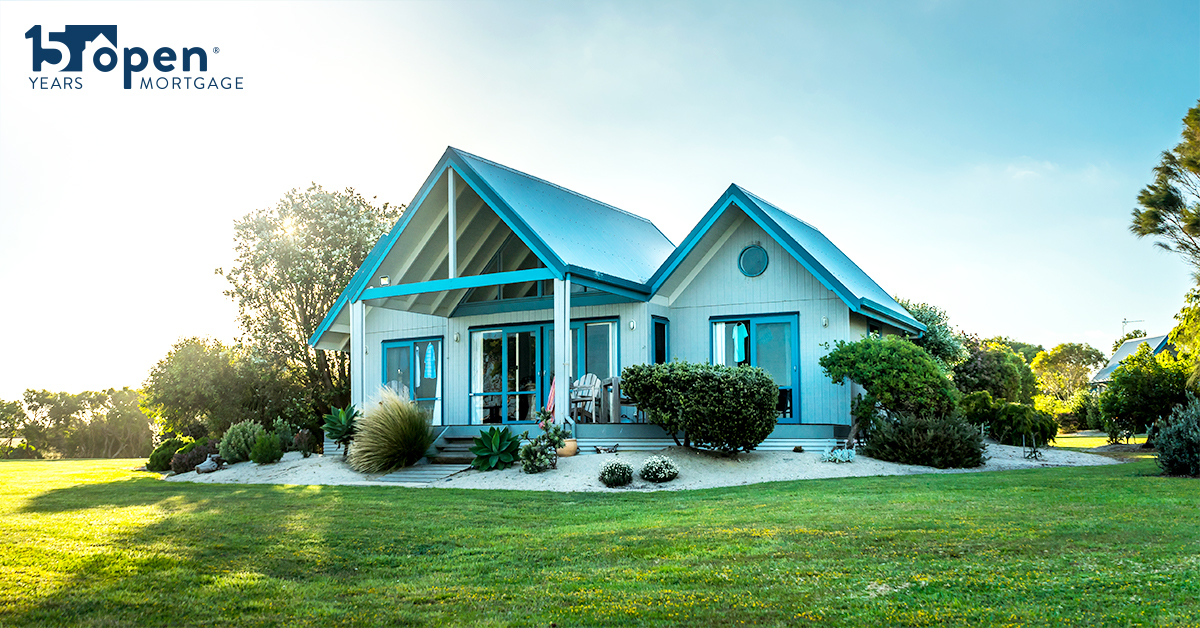
Rural Relocation: 5 Things To Keep In Mind
If the greener pastures of country living continue to draw your eye, it might be time to start exploring your options. Federal programs such as a no-money-down, low-interest USDA Loan can make a move more financially attractive than you thought possible. However, before you trade the conveniences of city living for the serenity of acreage, make sure you’re prepared for a successful transition.
- Lifestyle – Getting away from the noise, traffic, and density of a city can be a welcomed change of pace. Just remember that you’ll be farther away from the conveniences as well. Quick trips to the grocery store may not be so quick, and things like commuting to a job, shuttling kids to and from school, and access to emergency services may mean calculating some adjustments. If your lifestyle can accommodate the added distance, it may be worth the tradeoff.
- Housing Options – Don’t set the expectations for your perfect country cottage too high. Building from the ground up could get you what you want, but may take longer than you think. There may be a limited selection of custom builders in rural areas, which means you might have to wait in line behind other projects. Similarly, the number of existing homes for sale will be far less than you find in urban areas, so expect to compromise. On the plus side, rural areas tend to have a lower cost of living, so you may be able to find a home that allows you to budget for renovations.
- Utilities – Prepare to pay special attention to your utility services. Many rural properties require on-site well water and a septic system for sewer services. Speak with your realtor, or industry professionals, to evaluate the site for both. If they are already in place, be sure to inspect their current condition for problems. In addition, curbside garbage pickup may not be an option, so find out ahead of time how to properly dispose of waste.
- Neighbors – Meeting the neighbors can be substantially harder when you’re separated by fields rather than feet. Despite the challenge, longtime residents are likely to be a valuable resource. Make an effort to introduce yourself and consider speaking to them before making a final decision to purchase.
- Hidden Costs – Beyond a longer commute for everyday items, other consequences are often overlooked. In some areas, the cost to maintain the road leading to your property could, at least partially, fall on you. Taxes on a large property may be higher than you’re accustomed to. However, agricultural exemptions could offset the costs if you’re willing to care for livestock on your land.
Still dreaming of swapping the bright city lights for dark starry nights? Find out if you’re eligible for a USDA Loan here, or call 888-602-6626 to speak with an Open Mortgage specialist for help navigating all your options.





